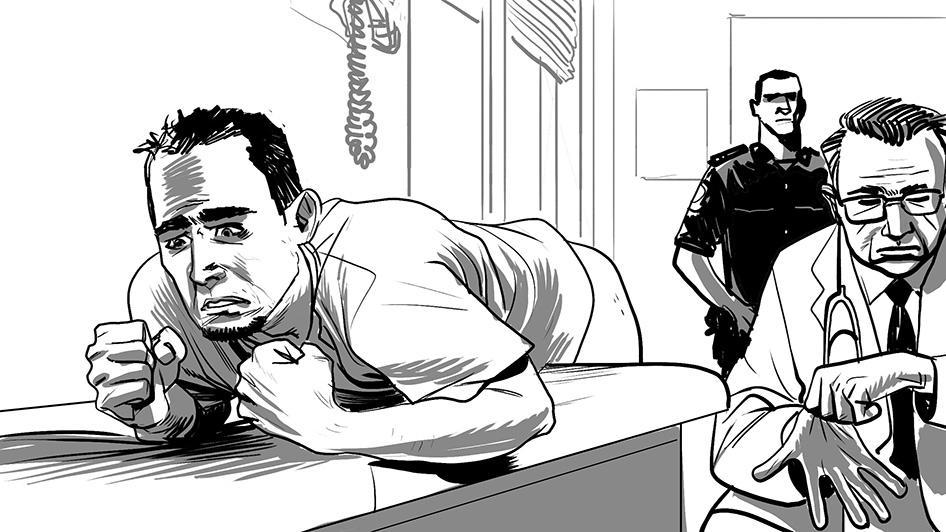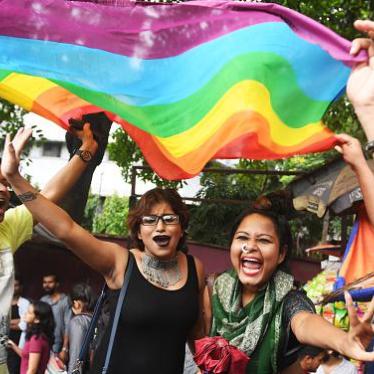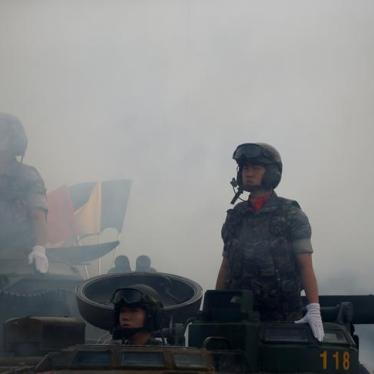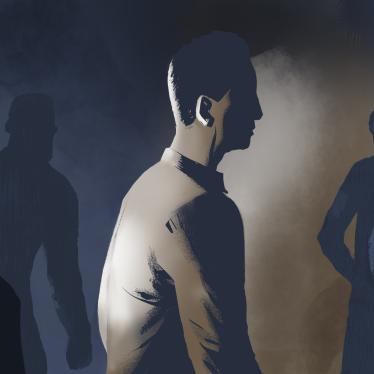Imagine seeking police assistance after being attacked – and finding yourself behind bars. This is what happened to 22-year-old A.F., who was arrested on charges of homosexual conduct after he went to a Tunisian police station in January to report an assault by two men he’d met through social media.
A.F. initially told police in the southern town of Sfax that he had been raped, assaulted, and robbed. Police responded by arresting him, along with the alleged assailants. According to police reports, A.F. then retracted the rape allegation and told police that he’d had consensual sex with the men but reported a rape because he was angry about being robbed and attacked, and the men’s refusal to pay him for sex.
The next day, police subjected A.F. to a forced anal examination. On February 11, the first instance court in Sfax convicted A.F. of “sodomy,” along with his assailants, under article 230 of Tunisia’s penal code. A.F. was also convicted of filing a false rape report, while his attackers were convicted of robbery and committing violence.
Article 230 punishes “sodomy” with up to three years in prison. The article’s very existence violates Tunisia's international human rights obligations. Human Rights Watch has documented how article 230 is also a wellspring of other abuses. Research on arrests for alleged same-sex conduct in Tunisia found that police enter homes without warrants, search through phones, and elicit forced confessions. They arrest male rape victims, treating them as perpetrators, and order forced anal examinations, despite Tunisia’s pledge to the United Nations Human Rights Council to stop using them. Authorities sometimes claim victims “consent” to such exams, but consent to such an abusive exam when refusal might be taken as an indication of guilt, has little meaning.
The case in Sfax is complex, but police should have focused on the harm done to the victim, rather than the consensual sex, if it occurred. Charging both A.F. and the accused with “sodomy” sends a chilling message to victims that if they are suspected of being gay, reporting a crime may land them behind bars.
Tunisia’s presidential commission on individual freedoms has called for the repeal of article 230 and a prohibition on forced anal exams. President Beji Caid Essebsi has maintained silence in the face of these recommendations. He should stand up for victims like A.F. and for the privacy rights of all Tunisians.









